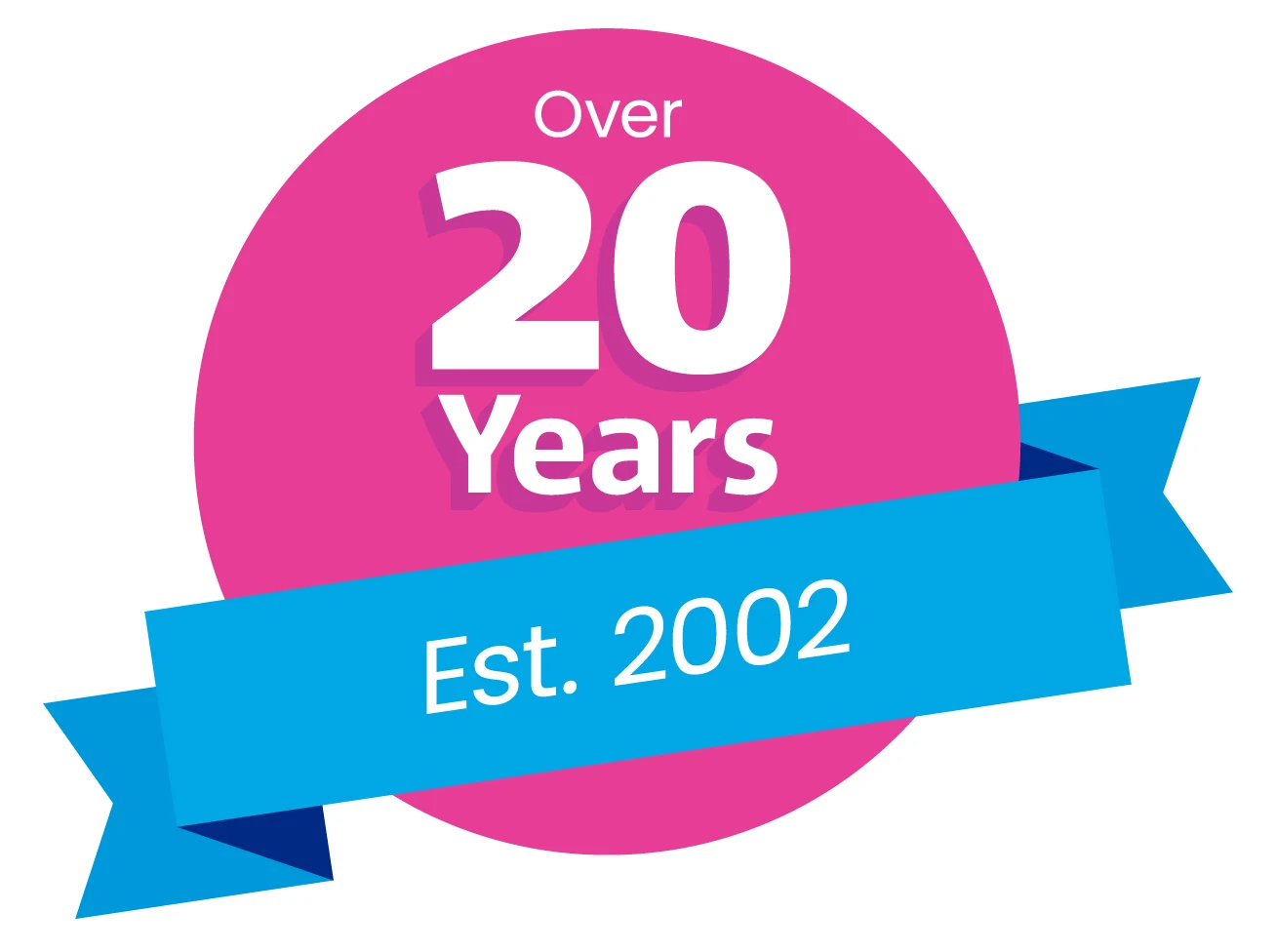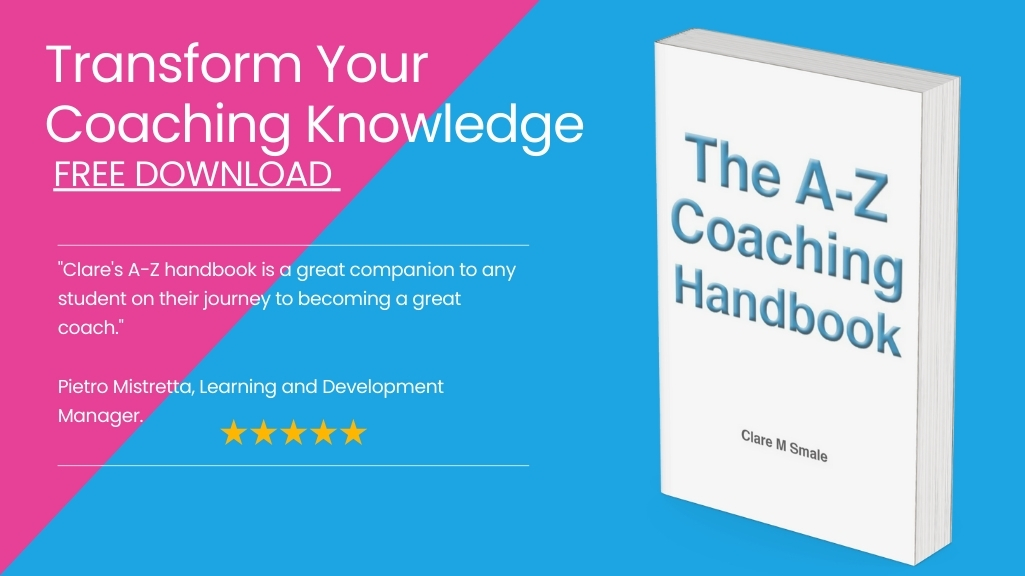A – Z Coaching and Mentoring – This week’s extract explores Active Listening with some top tips for improving it in practice.
Don’t forget if you have a special request for a definition of a coaching term or principle, just let us know! Perfect for anyone studying for an ILM Coaching & Mentoring qualification, or as a refresher for experienced coaches.
Aa
Active listening involves paying full attention to the speaker. It the opposite of half listening or half thinking about something else and it helps to build trust and rapport.
Active listening supports the ability of the coach to understand the coaching system (content and structure of the client’s problems and goals) and therefore it improves the quality of questions. (See also listening).
Here are some practical tips for improving active listening:
- Minimise external distractions – put phones or other devices away out of sight and turn them off ?
- Maintain eye contact ?
- Smile to show you are paying attention ?
- Adopt the posture of someone who is listening and also observe the non-verbal communication of the other person
- Show encouragement by saying ‘yes’, ‘mmm’ or nodding your head ?
- Accept pauses or short periods of silence to allow the other person to think – be comfortable with silence ?
- Mirror expressions or words to show empathy or understanding – the more automatic this is the better – deliberate mirroring can communicate inattention, so be careful ?
- Be still – listen with your physiology and avoid fiddling or fidgeting ?
- Say very little out loud, so you avoid distraction from what is being said – be sparing with verbal acknowledgement ?
- Say very little inside your head – let your thoughts come and go and repeatedly re-focus your attention on the speaker ?
- Keep an open mind – wait until the speaker has finished before you decide on your next question or whether you agree or disagree – avoid preparing what you are going to say next ?
- Assume the other person just needs to talk – avoid giving advice or describing similar situations of your own ?
- Ask relevant questions that show you have heard and understood what has just been said ?
- Summarise what you have heard and give the speaker a chance to correct your understanding ?
- Reflect back and paraphrase what the speaker has said to show you understand ?
- Reflect feelings and the broader message
Taken from the A-Z Coaching Handbook by Clare Smale where you will find a comprehensive A-Z, plus a full list of references.
Contact us for your copy or order through our website. See you next week!





